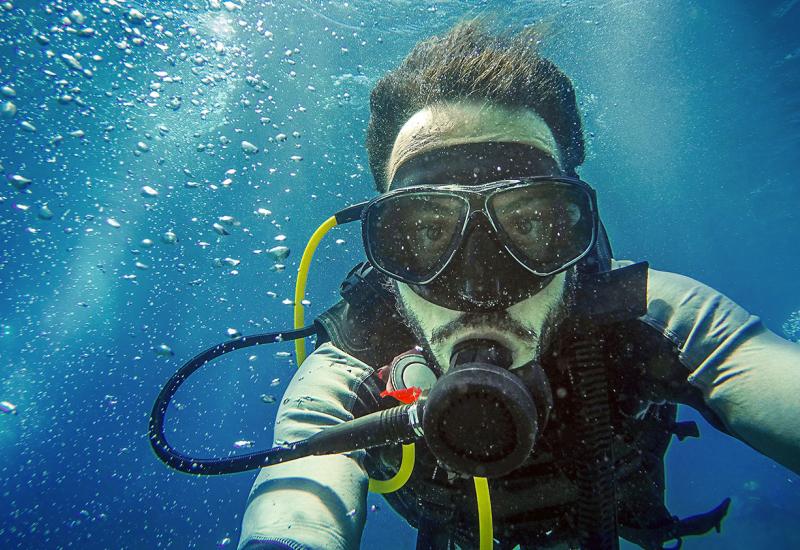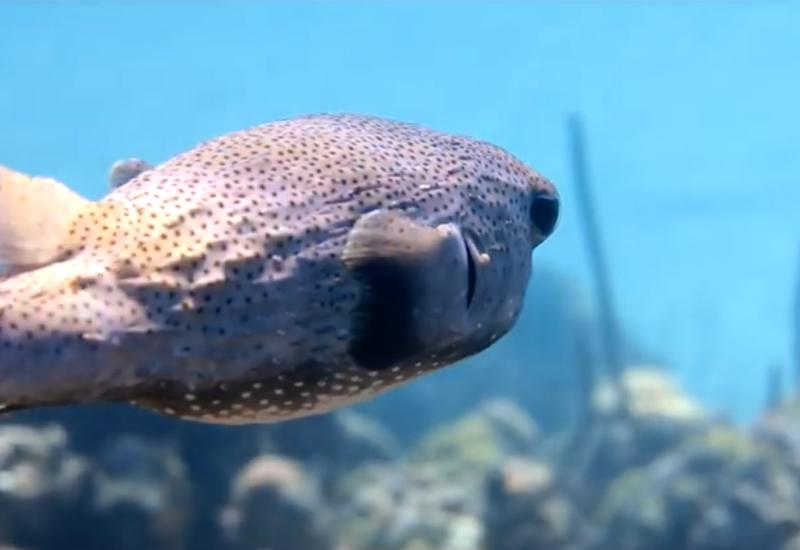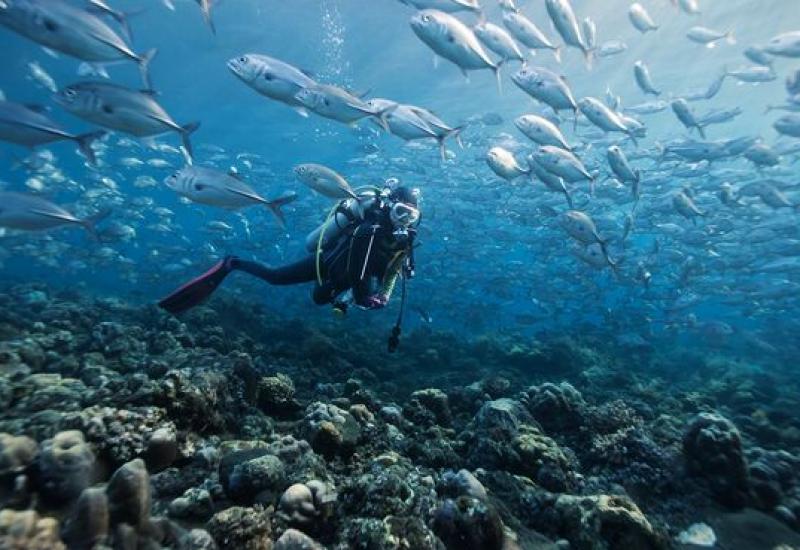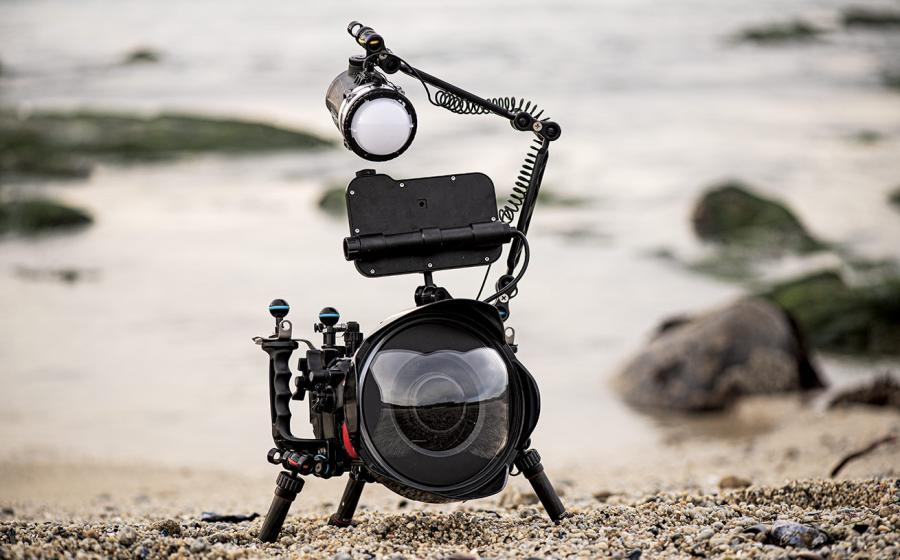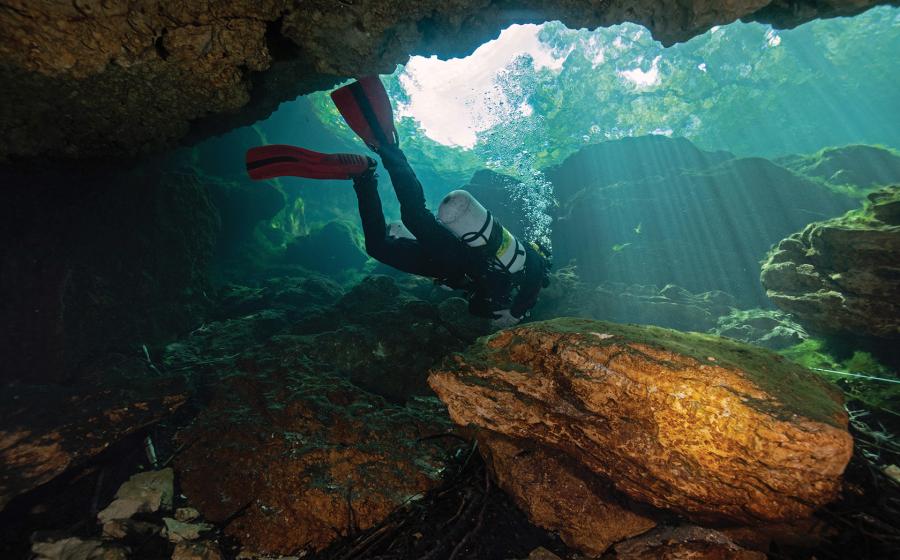How To Deal With Seasickness While Scuba Diving
You’ve been looking forward to your dive vacation for months. Now it’s finally here, but on your very first dive, a (fill in the blank) problem has caused you to end it. You’re miserable, sitting on the boat while everyone else is in the water having a blast. How can you prevent these common issues — ear clearing, seasickness, leg cramps or being cold underwater — from ruining your vacation in paradise?
Don’t let these common issues keep you from diving! Read about:
Best Ear-Clearing Tips | Dealing with Leg Cramps | How to Stay Warm Underwater
Best Tips for Preventing Seasickness
Does motion sickness plague you when you’re on a dive boat? With a little preplanning, you can calm that queasy feeling no matter how rough the seas.
Why It Happens: Basically, the gray matter between your ears gets confused. Once the boat starts rocking and rolling, your brain gets conflicting signals from the ears, eyes and body.
You have the sympathy of Liz Parkinson of Stuart Cove's Dive Bahamas: “Let’s face it, feeling sick at any time is a pretty awful feeling, but being on a boat and feeling sick is 10 times worse. I can tell you all day, as you hang onto the edge of the gunwale for dear life, ‘Look at the horizon, drink some water, get in the water; you will feel better,’ and you will nod and thank me, but really all you will want to do is crawl onto dry land.”
It can be debilitating, and has prevented people — new divers especially — from continuing diving. “Nothing will ruin a dive outing faster than seasickness, but for most people, it’s entirely preventable,” says PADI technical development executive Karl Shreeves.
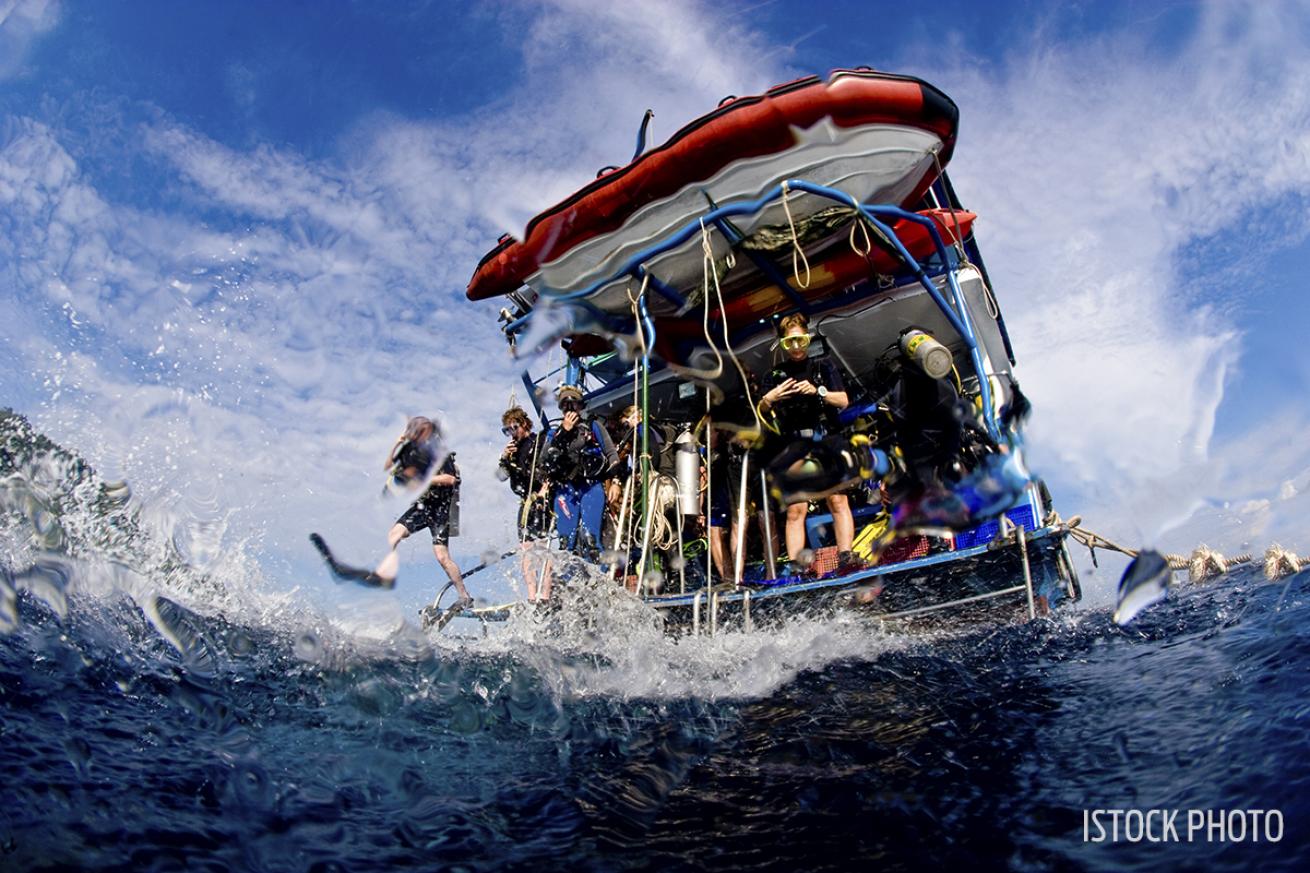
iStock PhotoBeat motion sickness to get the most out of your dive trips.
How to Deal:
1. “Ask your doctor or pharmacist for an appropriate over-the-counter seasickness medication if you’re prone to it,” says Shreeves.
2. Don’t wait until you’re boarding the boat to pop a pill. Take this advice from Kell Levendorf, director of training and development at Divers Direct in Key Largo, Florida: “Like ear clearing, early works best; take one the night before the dive to introduce it into your system, and then again the morning of the dive.”
3. There are more natural ways to help keep mal de mer at bay. Avoid partying the night before you dive, advises Liz Parkinson of Stuart Cove's Dive Bahamas. Jo Mikutowicz, managing partner of Divetech on Grand Cayman, says it’s a good idea to avoid greasy, heavy foods before you dive, and once you’re on the boat, “focus on the horizon.”
Don't let seasickness ruin your next dive trip. We've got 15 more great tips for preventing sickness!
Pro Tip: “Divers will feel better in the water than on the boat, but it’s not always possible to convince them of this,” says Levendorf. During your surface interval, hop in the water and snorkel. If all this fails and you’re stuck out on the water, try lying down on a bench or other flat area and close your eyes.
We've got lots of practical tips and advice on dive safety, health and training on the Training section of our website.

Jon Whittle"Like ear clearing, early works best: take one the night before the dive to introduce it into your system, and then again the morning of the dive."


